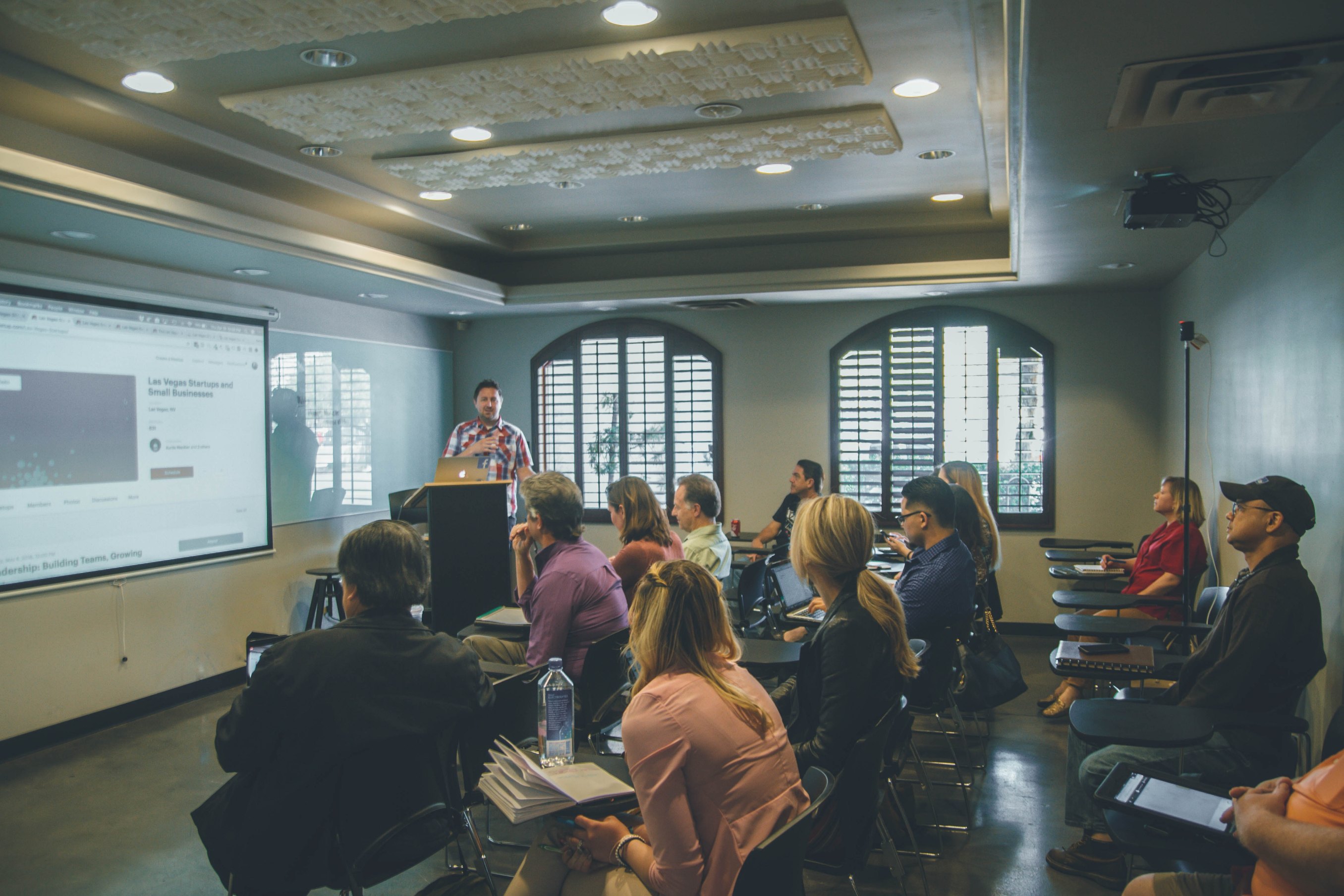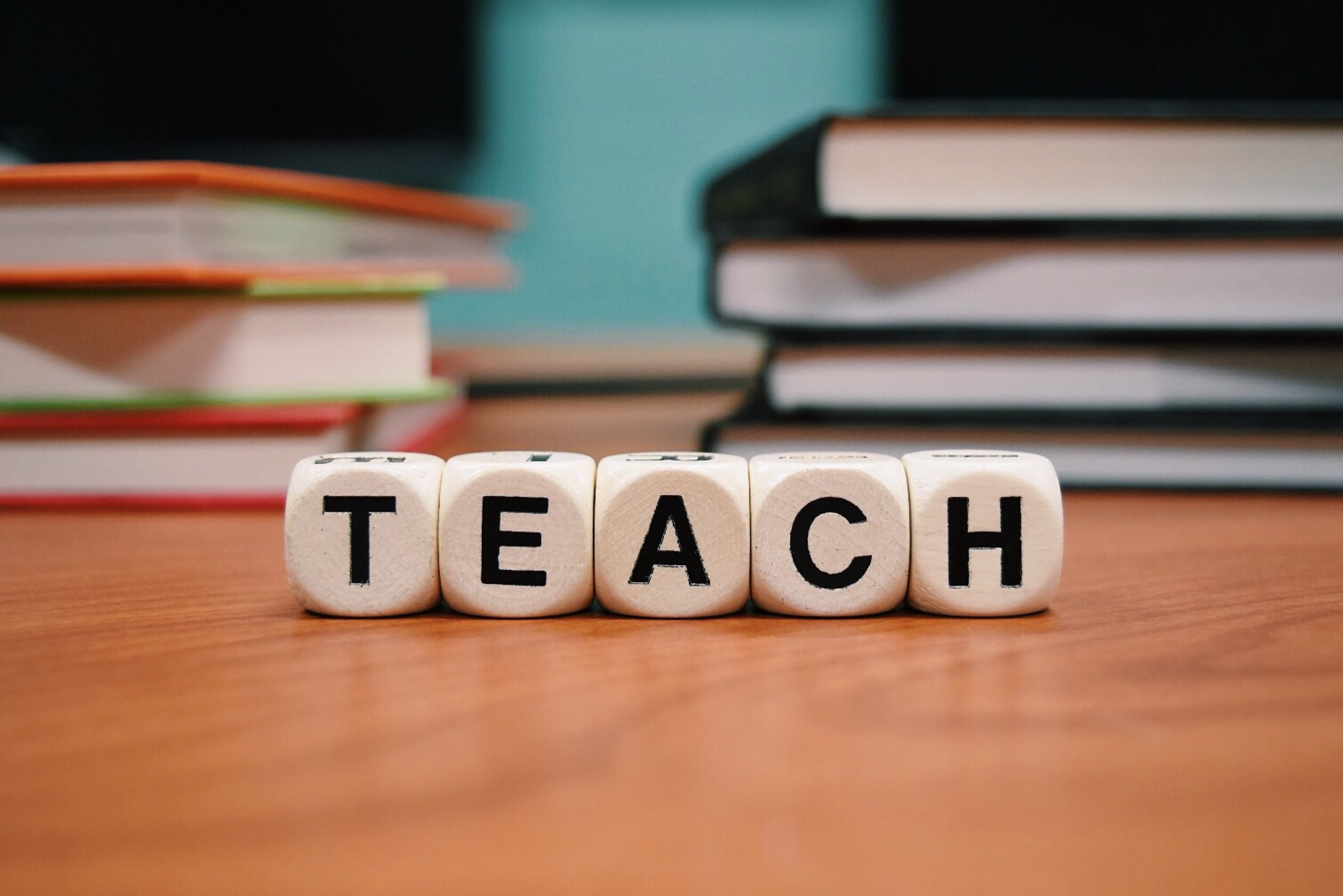Instructional Coaching for Teachers, Professional, and Paraprofessional Staff
- Project Lead Coaches: Dr. Kim Richardson, Dr. Anita Owens, Cathy Herbert, M.Ed.
- Grade Bands: All
- Delivery: In-Person (preferred), Hybrid, Virtual
- Specialized to Population: No ·
- Audience: General Ed, SPED & Bilingual Teachers, Principals, Other School- and District-Level Administrators

The purpose of the instructional coach (IC) is to work directly and indirectly with teachers, staff, and the building principals to improve the effectiveness of classroom instruction and increase student learning, performance, and overall achievement. Studies suggest that it takes a school community working with its IC to be successful in improving classroom instruction and eventually student performance. ICs can implement changes to fix a low-performing school (Joyce, Showers, Murphy, & Murphy, 1989).
Coaching provides such supports through an array of activities designed to build collective leadership and continuously improve teacher instructional capacity and student learning. These activities, ideally, unite in ways that create internal accountability due to the embedded nature of the work and people engaged in it (Barr, Simmons, and Zarrow 2003; WestEd 2000). A well-designed and supported coaching program combines core elements of effective professional development with the essential goals of professional learning communities in ways that advance both school and systemic improvement.
While
having an instructional coach or a coaching program is a step in the right
direction, an effective instructional coaching program is not something that
happens by accident or chance. Experts share that this type of success only
happens with planning, time, commitment, support, and strategizing (Saphier
& West, 2010). ULLC will cultivate the development of instructional
coaching and coach leadership programs through strategic planning to support
creating a vision and mission for the coaching program, determining the desired
characteristics of instructional coaches, and creating a detailed
implementation plan. Equally important, ULLC will design appropriate
professional training and support a series of focused professional learning
sessions, during which coaches, school administrators, and select central
office administrators will learn the foundational blocks of adult learning,
teacher development, instructional coaching, and coach leadership.
Principals
must be able to cultivate their school’s climate and culture as it must be
conducive to professional learning communities and instructional coaching as a
job-embedded practice. They also must be able to navigate critical strategies
and support implementation tensions. ULLC will provide support and feedback
needed to effectively implement the program. They will also continually assess
the school, trainees, and organizational environment as the effectiveness of
the training depends on the trainees, the follow-up reinforcement and feedback,
and if there is congruence between the training and the organizational
environment the training is to take place in. (Bass, 1990, p. 856).
Using the gradual release of responsibility model
for professional learning noted in the introduction, leadership coaches will
guide principals, coaches, and teachers as they engage in coaching cycles and
work partnerships to gradually transition from assisted to independent
implementation. This process will ensure the learners practice the tools and
strategies with fidelity and receive the lead coach support needed to
effectively sustain an effective instructional coaching program.
Developing and Implementing Teacher & Staff
Mentoring and Coaching Programs
- Project Lead Coaches: Dr. Kim Richardson, Cathy L. Herbert, M.Ed., Helen Mateosky
- Grade Bands: All · Delivery: In-Person (preferred), Hybrid, Virtual ·
- Specialized to a Population: No
- Audience: General Ed, SPED & Bilingual Teachers, Principals, Other School- and District-Level Administrators
Teacher self-efficacy and mentoring positively affect job satisfaction for teachers who have five or fewer years of teaching experience. Formal induction programs for beginning teachers have indicated increases in teachers’ feelings of self-efficacy (OECD, 2014a). One-on-one mentoring relationships should be included in new teacher induction programs so that teachers may experience connectedness and a sense of accomplishment that may lead to increases in job satisfaction and teacher retention (Kent, Green, & Feldman, 2012; Ingersoll & Strong, 2012).
ULLC will cultivate the development of teacher mentor programs through a series of focused professional learning sessions, during which teacher mentors, school administrators, and select central office administrators will (1) learn the foundational blocks of adult learning, induction, and beginning teacher development, (2) create professional growth environments for new teachers, recognizing and practicing the attitudes, behaviors, and skills of effective mentors, (3) identify beginning teacher needs and modify support in response to those needs, and (4) use various tools that support an integrated system of formative assessment and support.

Using the
gradual release of responsibility model for professional learning, leadership
coaches will guide learners as they engage in mentoring partnerships utilizing
these strategies and stances to gradually transition from assisted to
independent implementation. As the teacher mentors and administrators become
proficient in the use of the tools and stances, they will serve as facilitators
for other identified teacher mentors in the school. Central office
administrators will participate in the teacher mentor program sessions and
serve as professional development facilitators and mentors to school-based administrators
as they support mentoring activities in their buildings. Although the
importance of teacher leaders is recognized, teacher leaders are seldom
effective in their roles without the support and encouragement of their
administrator.
As mentors grow in their skills, a coaching
process will be taught to further empower mentees to become more confident in
their roles, self-aware, and able to problem-solve. ULLC will provide the
support and feedback needed to effectively implement this practice. They will
also continually assess the school, trainees, and organizational environment as
the effectiveness of the training depends on the trainees, the follow-up
reinforcement and feedback, and if there is congruence between the training and
the organizational environment the training is to take place in. (Bass, 1990,
p. 856).
